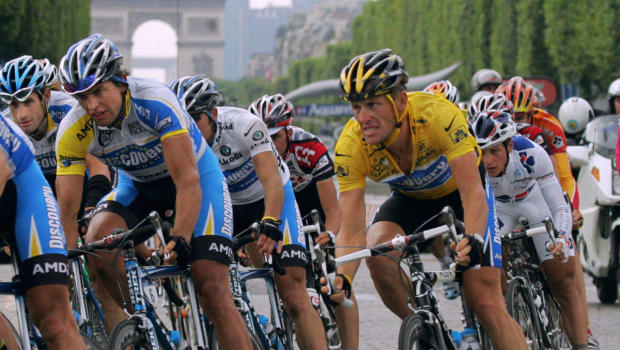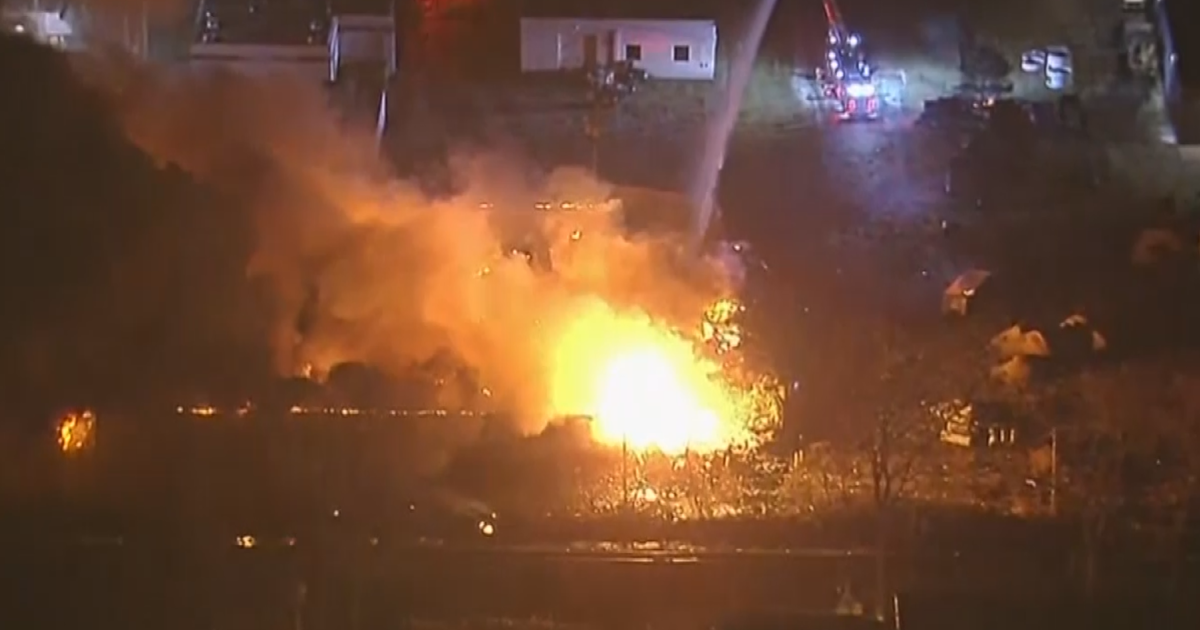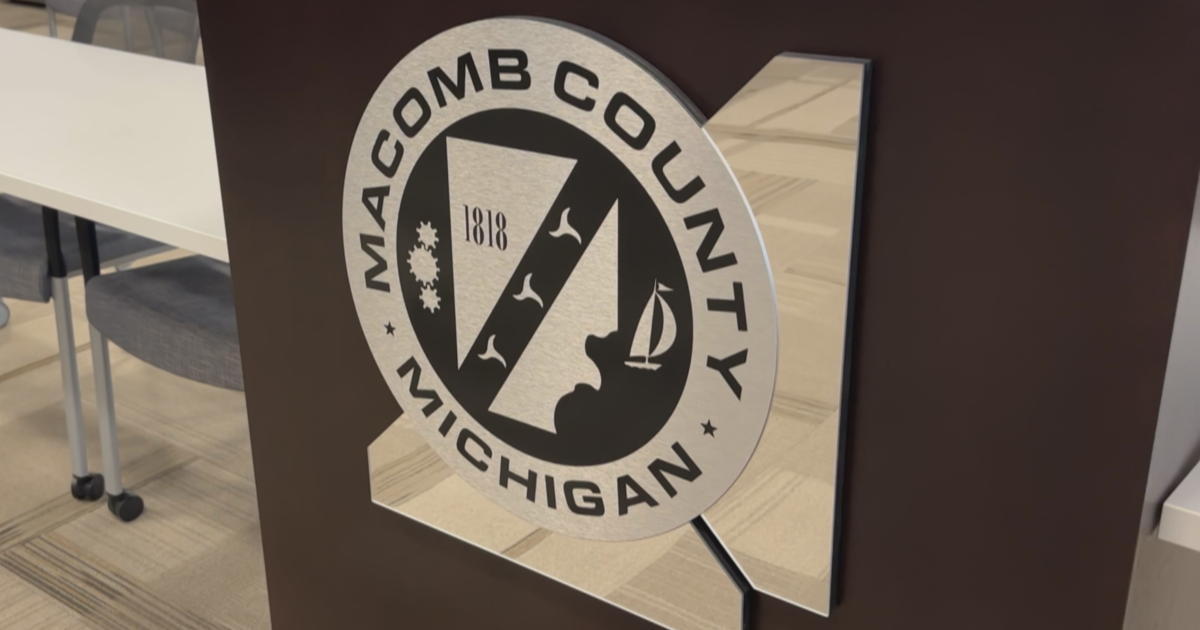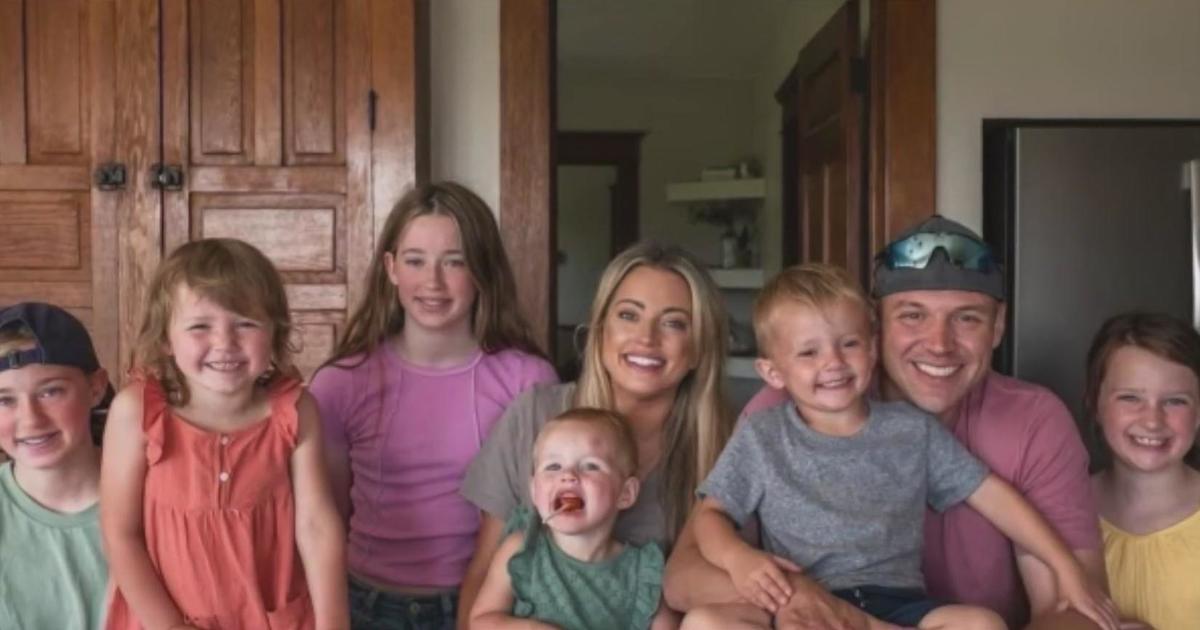Dearborn Cyclist Helped Bring Down Lance Armstrong
DEARBORN (Talk Radio 1270) Lance Armstrong's former teammate, Dearborn native Frankie Andreu, said the superstar cyclist was "vindictive" when he testified against him in the case that ended up finishing Armstrong's career.
When he came out against the cyclist, Andreu was smeared in the media -- and said, finally, six years later he feels fully vindicated.
"It seemed like things spiraled out of control from there," Andreu said about his testimony. "Lance was very vindictive in attacking my wife and I ... I'm not the traitor, I'm not a rat."
Andreu said he testified in an insurance case in 2006 that he had heard Armstrong admit in a hospital room to taking performance enhancing drugs, making Andreu one of the first to accuse the "hero" of foul play. Eleven other athletes were questioned, spurring the investigation that brought Armstrong down for illegal doping throughout his record-breaking career.
The cyclist was stripped of his seven Tour de France medals, his winning records were removed, and he lost most major endorsement deals.
At the time of his testimony, Armstrong called Andreu and his wife liars who made up the information because, he said, they didn't like him personally.
"He didn't want this information getting out there, he had to figure out any way to discredit us, but now we've been vindicated," Andreu said, adding, "This report has shown everything my wife and I said was true ... Lance Armstrong defrauded the public."
He added: "He made our lives a living hell, any journalist who spoke out against him, he would attack, that's what he was known for."
Andreu said he felt sorry for the other riders on Armstrong's Postal Service team, who were brought down along with him. He feels like they weren't as responsible as Armstrong, whom he described as "charismatic, demanding, an information junkie, controlling, and a type A personality."
He also insulated himself by tying himself to the anti-cancer community, Andreu said, adding, "If you accused Lance Armstrong of something he would say you were a 'cancer lover.'"
"It came down to him pressuring these riders to also dope along with him ... If you race the entire season and you're getting ready for the biggest event in the world, the tour, and your boss Lance Armstrong says if you're going to race with us you have to take this, this and this ... It's a tough choice, a tough situation to be in," Andreu said.
Andreu retired in 2000 after a 12-year professional career on the same team as Armstrong's. During his racing career he competed in the Tour de France nine times.
"There was a lot of things happening right under my nose that I wasn't aware of," he said, adding he didn't know the people delivering Armstrong's drugs.
Andreu admitted he took erythropoietin, known as EPO, for a couple of years in the 1990s. Known as "blood doping," EPO artificially increases red blood cells, giving athletes super endurance.
"Many riders at the time did that," Andreu said, adding that many riders stopped using EPO in 2000 when a test was developed, but Armstrong was among those who discovered a micro-delivery system that could allow them to continue doping without detection.
"I admitted back in 2006 that I had done that, the reason I came out was I saw the problems the sport was having ... I came out and admitted my past so that I could try to make the sport better," Andreu said.
He said Armstrong was using performance enhancing drugs at a level no one could really comprehend at the time -- and even now. He paid an Italian doctor more than $1 million for doping products, and allegedly had help getting through the testing system without detection, Andreu said.
"He had a lot of connections and a lot of favors during his cycling career to allow him to, in a way, dope more than the others," he said.
Past all that now, Andreu is back in his hometown of Dearborn, riding for fun now with two or three friends every day down Outer Drive through Detroit to downriver. He manages a professional cycling team.
And he thinks cycling's worst days are in the past.
"Now it's a much cleaner sport, a much better sport," he said.




